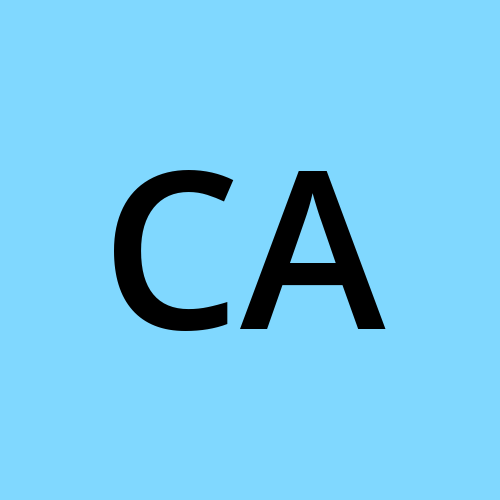What is Web Scraping Services and How Web Scraping Attacks Impact Businesses
 Carlostait
CarlostaitWhat is Web Scraping?
Web scraping is the process of extracting content and data from a website. Many digital businesses, like search engines, price comparison tools, and market research companies, use web scrapers for legitimate purposes, but they’re also used by bad actors for malicious purposes. Web scraping Services can be done manually, but it’s typically performed by automated bots that are programmed to recognize and extract specific data, either from the website’s underlying HTML or from connected databases and APIs.
‘Good’ and Bad Scrapers
As noted above, there are thousands of legitimate scrapers online. These bots are easy to tell from invalid traffic because they identify themselves in the HTTP header and will follow the directions of your site’s robot.txt file, which tells a bot what it can and cannot do on your website. Malicious scrapers, however, will usually employ a false HTTP user agent, and disregard your robot.txt file–they’re after anything they can get.
What Kind of Content Do Scraping Bots Target?
Bots can get all kinds of content off of your website. It could include text, images, HTML code, CSS codes, product prices, and much more. In a worst-case scenario, web scrapers could even collect improperly stored consumer personally identifiable information (PII).
Price Scraping
Sometimes a company can download all the pricing information of a competitor in order to adjust their own pricing. It’s a tactic that helps companies stay competitive, and it’s probably the most benign on our list.
How Does Web Content Scraping Hurt My Website?
Web scraping attacks can do massive damage to a brand’s reputation, website performance, and security, and even to SEO results.
SEO Rankings
If you’ve ever owned a site, you’ve probably seen spammy pages that copy entire blog posts of yours and even have the audacity to link back to your blog. That’s at the low end of the spectrum. An occasional copy of a post likely won’t hurt your site, but if someone copies your content on a large scale, it can really hurt your rankings. Google can label it as duplicate content, and it may even lead to a penalty. Site owners can mitigate these scams by disavowing links, using canonical tags, and contacting copycats directly to ask them to take the duplicate content down, but the best defense is to block illegitimate scraping in the first place.
Subscribe to my newsletter
Read articles from Carlostait directly inside your inbox. Subscribe to the newsletter, and don't miss out.
Written by
